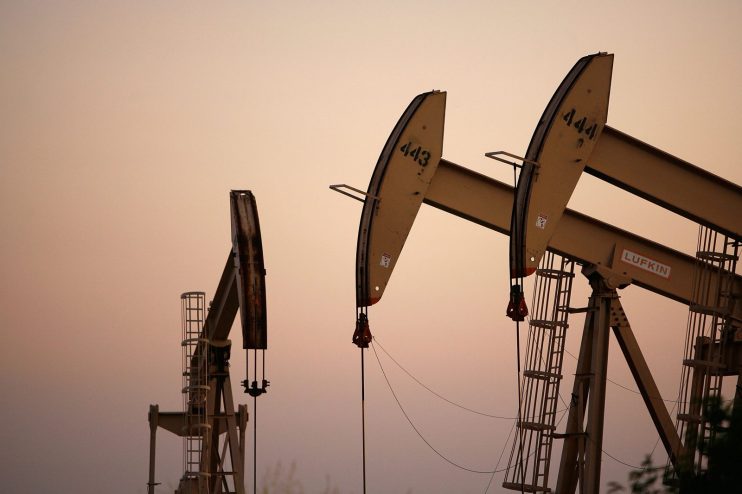US inventories prop up oil prices amid Omicron uncertainty

Oil prices have stabilised following five per cent drops across both major benchmarks on Monday, with US crude inventories reporting larger than expected declines.
Brent Crude and WTI Crude consolidated Tuesday’s three per cent gains – with prices rising 0.28 and 0.42 per cent respectively.
On Wednesday morning, Brent Crude is trading at $74.25 per barrel with WTI Crude being offered at $71.47.
The market has been rattled by the Omicron variant, and fears of its effect on fuel demand amid reduced air travel.
However, there has been a revival this week following fresh data from the American Petroleum Institute (API), showing US crude oil inventories were down 3.7m barrels last week.
This is a much steeper fall than the 2.8 million barrel-drop predicted by analysts polled by Reuters.
It also contrasted with a draw of 815,000 barrels reported by the API for the previous week.
US crude inventories have shed 65 million barrels since the start of the year and tight supplies could continue to prop up prices into the new year even amid sustained uncertainty over fuel demand.
Even though the England and the US have for now at least, avoided returns to lockdown, the Omicron variant has resulted in the return of travel restrictions and social distancing across Europe – reducing holiday travel plans and dimming the short-term fuel demand outlook.
Scotland and Wales have both re-imposed restrictions this winter – with First Minister Nicola Sturgeon even cancelling the Hogmanay celebrations for the second year running.
Ireland, Germany and Netherlands have all re-introduced full or partial lockdowns to deal with rising Omicron cases.
Singapore and Australia could provide investors with a clearer view of the market and the potential for reduced fuel demand, with Singapore suspending quarantine-free travel, while Australia is reportedly assessing flight restrictions while it pushes vaccinations to deal with surging Omicron cases.
The more encouraging signs for market analysts have come from the UK and South Africa.
Deaths and hospitalisations not rising proportionately with soaring Omicron cases, and fears of infections doubling every day have so far not come to fruition.
Meanwhile, Moderna chief executive Stephane Bancel said on Tuesday the vaccine manufacturer does not expect any problems in developing a booster shot to protect against the Omicron variant and could begin work in a few weeks.
The Organization of the Petroleum Exporting Countries and allies including Russia (OPEC +) are set to meet on January 4.
The group will discuss whether to maintain current plans to increase oil production by 400,000 barrels per day throughout 2022.